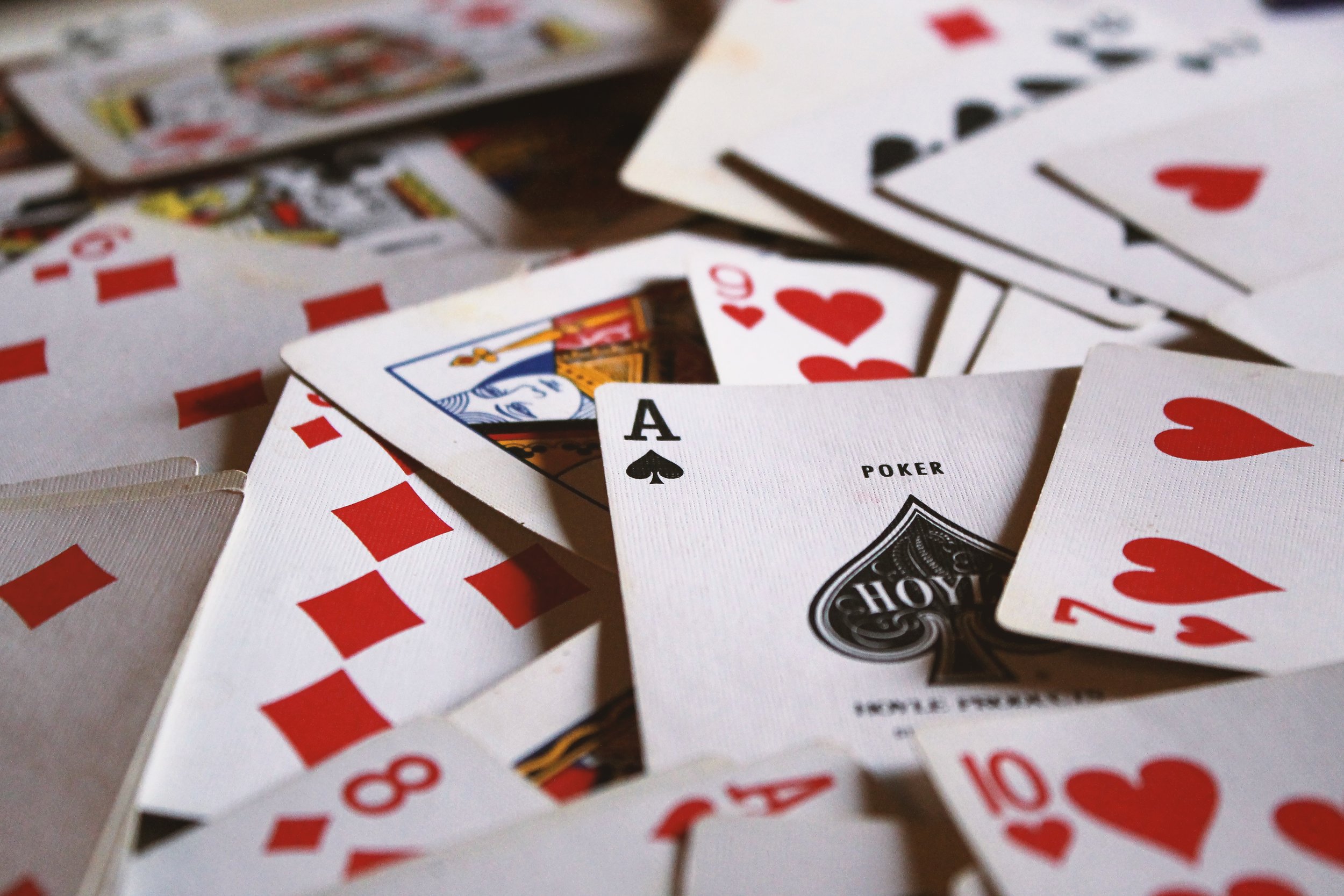Children

It is difficult for most families to develop happy and healthy relationships, which is why it is even harder when attempting to blend two families. It can take years and a lot of work for stepfamilies to establish working and comfortable relationships. The hardest years and generally the first few, as there are unique challenges to the couple in getting to know each other, while also trying to nurture the children’s relationships with each other and the stepparents as well. Here are some tips on blending families:

Validation is the recognition or affirmation that a person or their feelings or opinions are valid or worthwhile. It is a skill that is not commonly recognized, but is extremely important in forming healthy relationships. It is frequently heard within relationships that one or both of the individuals do not feel heard or understood. This can be the case for romantic relationships, family relationships, working relationships, and friendships.

It is no mystery that we live in a competitive society. This could be part of the reason why children as young as 2 emphasis winning and will even cheat. They desire to be successful, which is usually the driving force behind cheating. Here are some reasons why children cheat and how you can deal with it.

Bowlby found that attachments with the primary caregiver usually develop during the first 18 months of the child’s life. This includes instinctual habits, such as crying and clinging. Once children reach the toddler stage, they will form an internal working model, which means they already have frameworks and beliefs about their own self-worth and how much they can depend on others to meet their needs.

According to the CDC (link), 1 in 5 women experience postpartum depression. Unfortunately, many women do not realize they have it and/or do not report it, so the actual number is probably greater. If you think you may be experiencing postpartum depression, try some of these tips.

Parents, school staff, and any other adults in the community can prevent and stop bullying by discussing it, building a safe school environment, and creating a community-wide bullying prevent strategy. Parents who talk with their children on a daily basis and ask about their day in details are more likely to find out if their child is getting bullied. However, there will always be children who are still not comfortable speaking about it. Identifying the red flags is key because when adults respond quickly and consistently to bullying, the child receives the message that it is not acceptable. Read below for possible red flags.

ADHD stands for attention-deficit hyperactivity disorder. ADHD is a chronic condition that includes attention difficulty, hyperactivity, and impulsiveness. Just as everyone with ADHD experiences different symptoms, each person will experience differences in treatment.

ADHD stands for attention-deficit hyperactivity disorder. ADHD is a chronic condition that includes attention difficulty, hyperactivity, and impulsiveness.

It is understandable that when your child acts aggressively, you feel overwhelmed. You may not know what to do or where to turn. Try not to panic, your child’s aggressive behaviors can be helped. Although medication can help to reduce symptoms of ADHD, anxiety, and other mood disorders, it will not fix behavior. The key to reducing behaviors is a behavioral approach that involves both you and your child. Here are some ways to help your child.

If you find yourself jaded from your past experiences or eager to try something new, these unique therapies may work well for you!